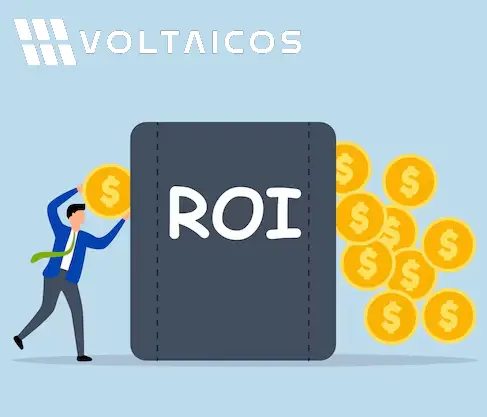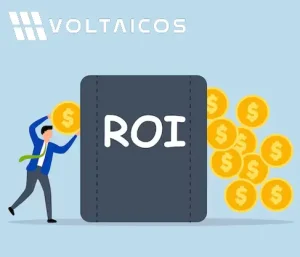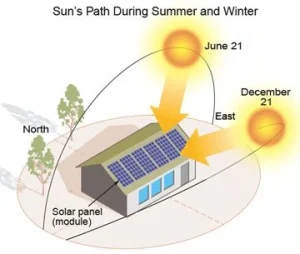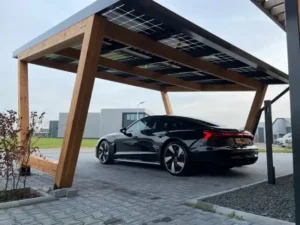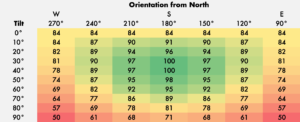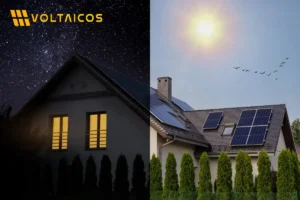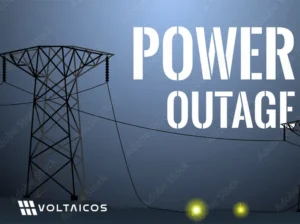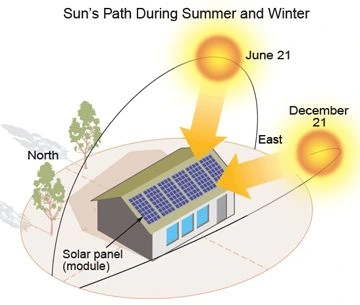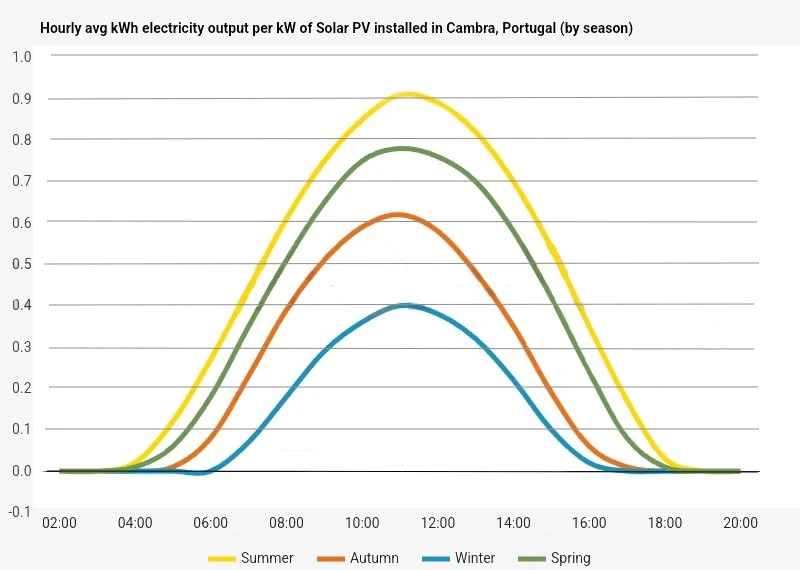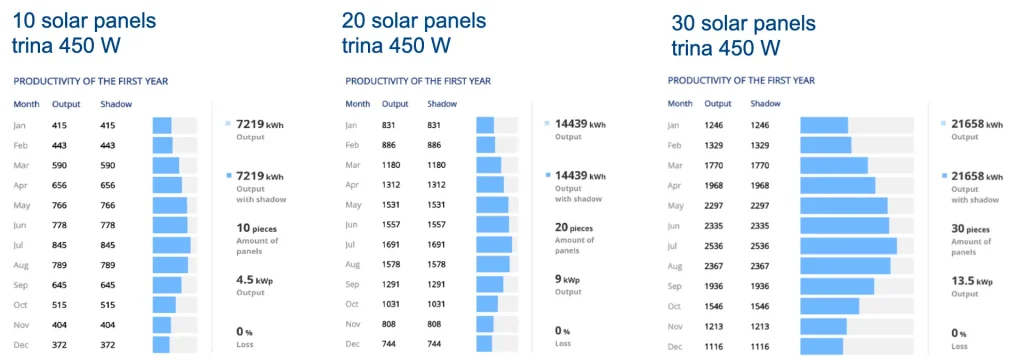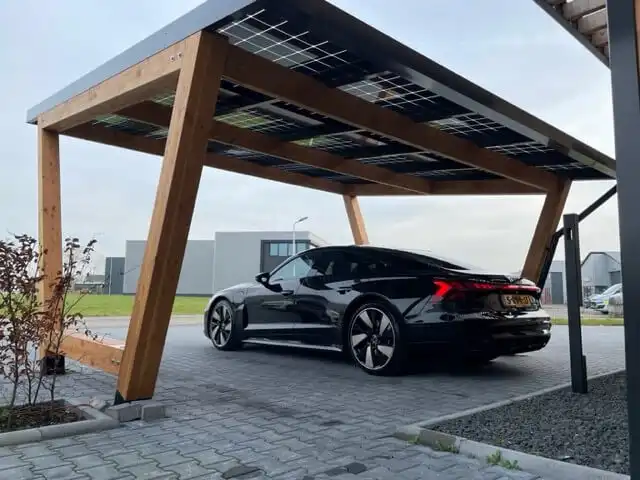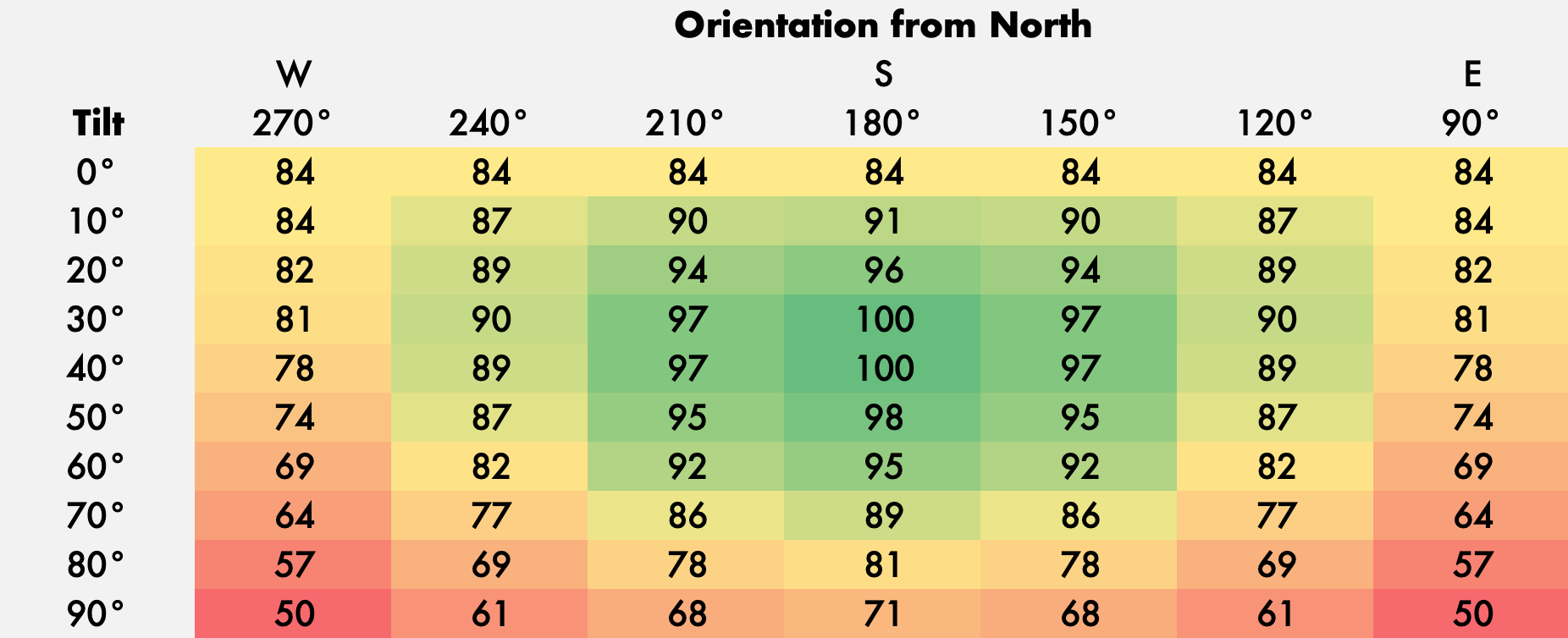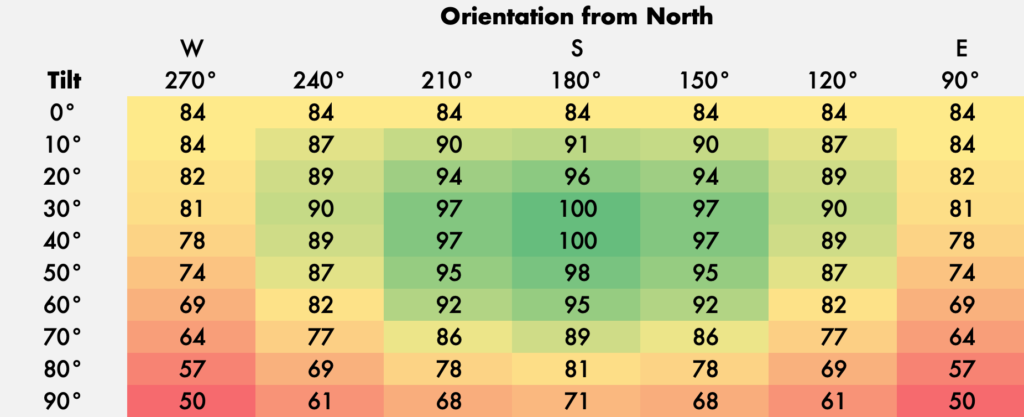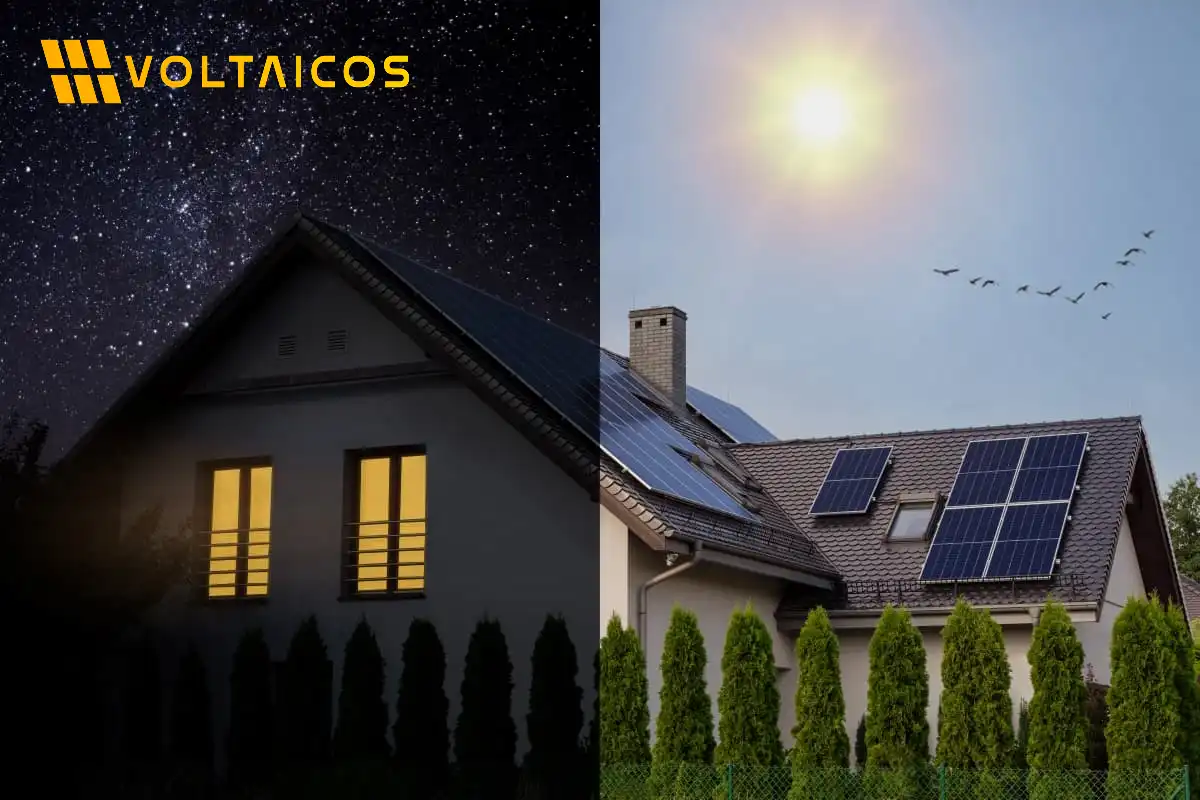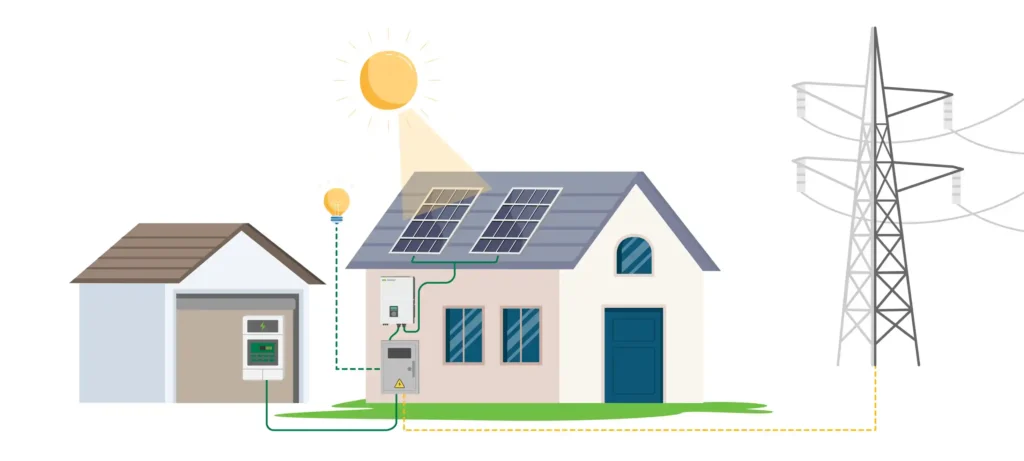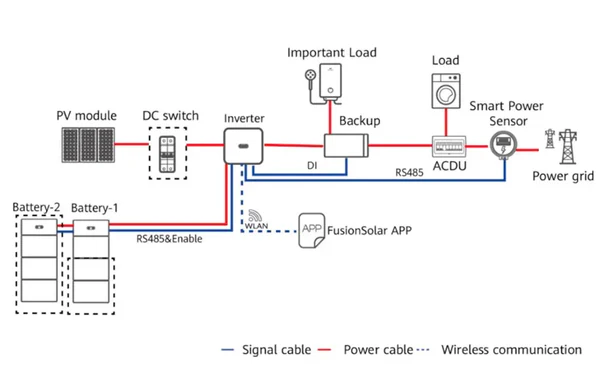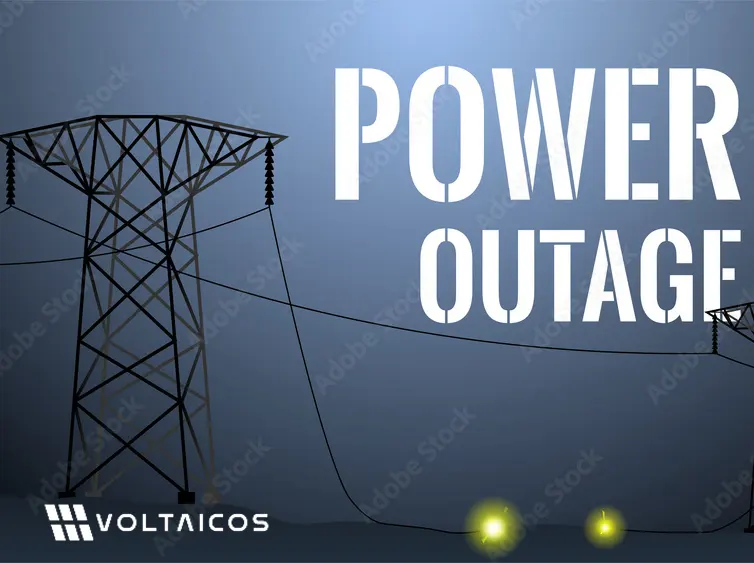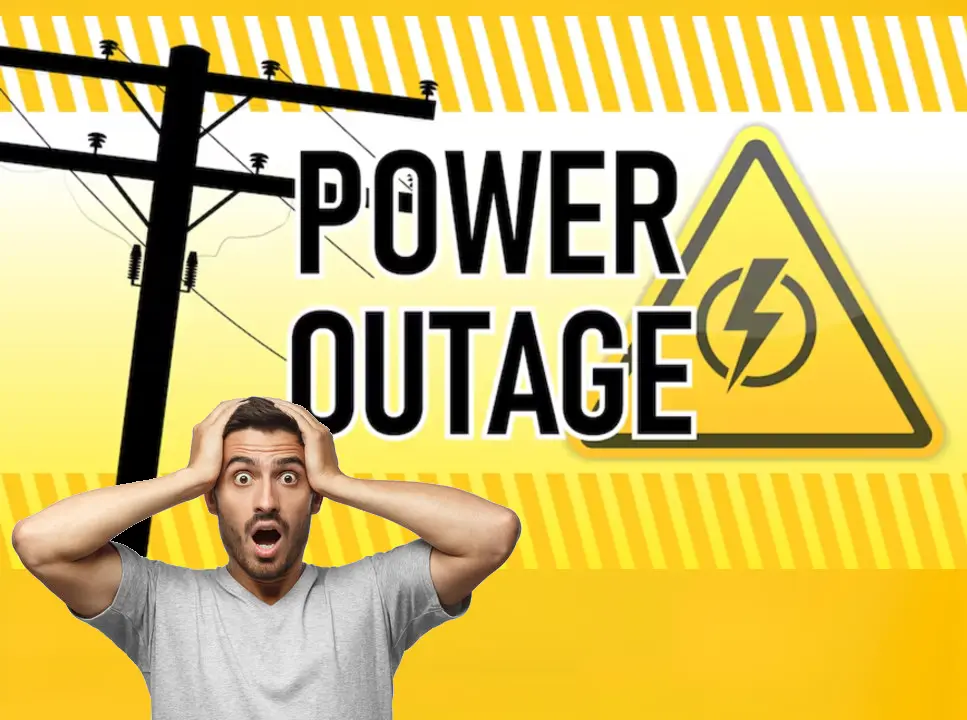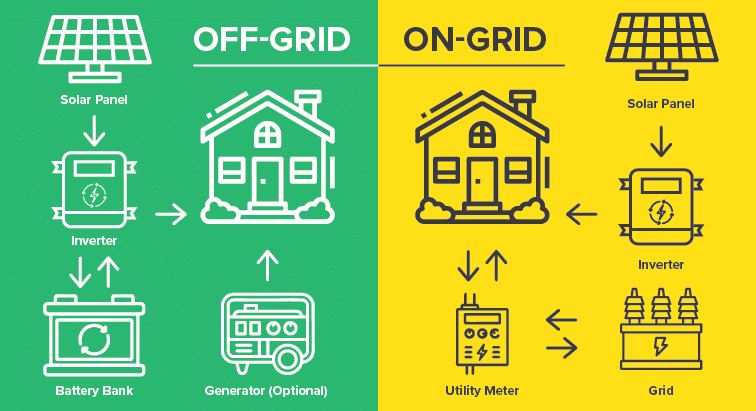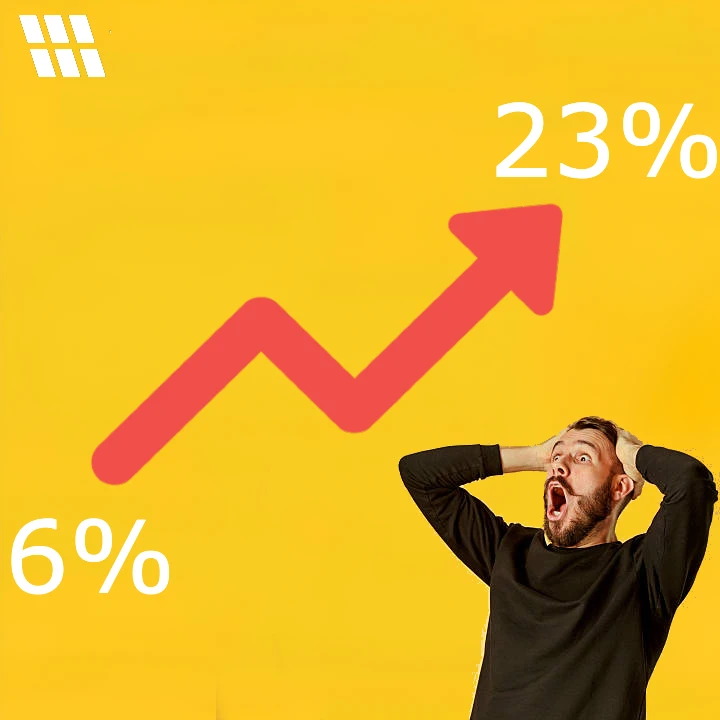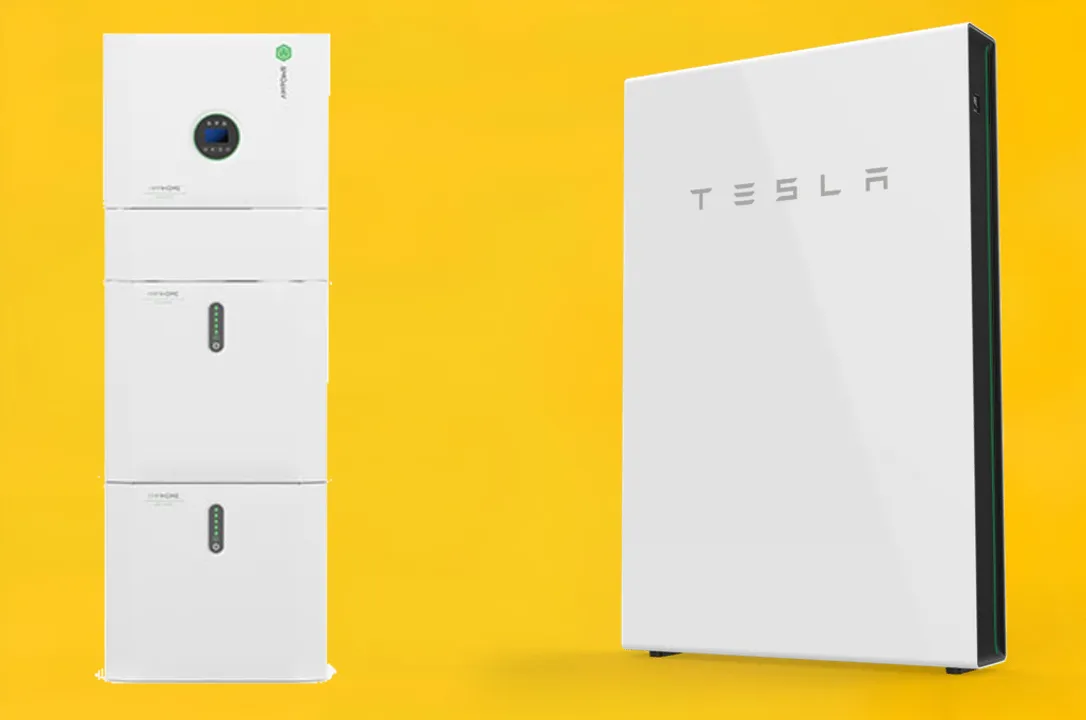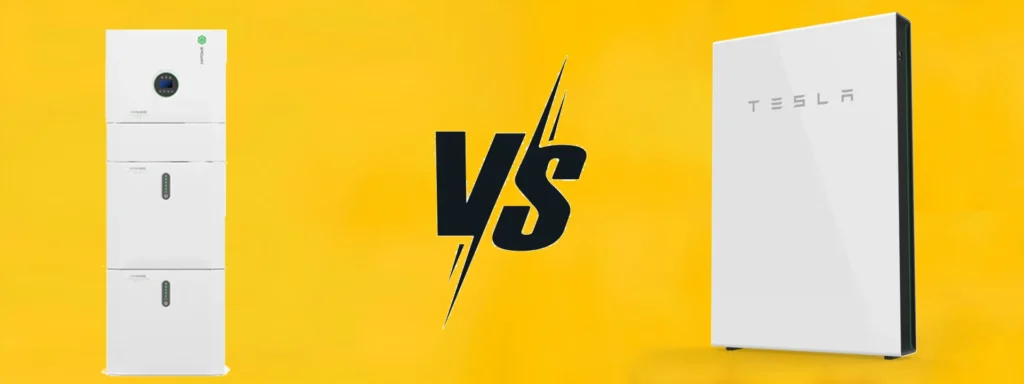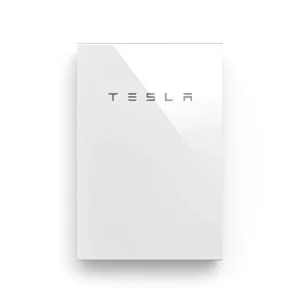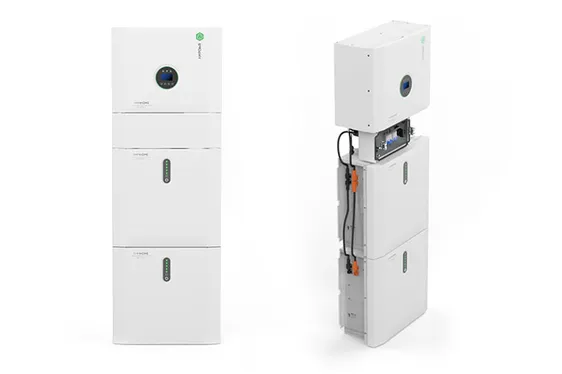The ROI of Solar Panels in Algarve: 5-Year Financial Projection
The Algarve is one of the sunniest regions in Europe, with over 300 days of sunshine per year. For homeowners and investors, this creates a unique opportunity: solar panels aren’t just about sustainability, they’re about strong financial returns. But how much money can you really save? And what does the 5-year ROI of a solar installation look like in Portugal? Let’s dive into real numbers and projections for the Algarve market.
Why ROI Matters for Solar Panels
When people consider installing solar panels, the first question is almost always:
“How much will I save, and how quickly will I get my investment back?”
ROI of Solar Panels in Algarve (Return on Investment) is the best way to measure this. It combines:
- Initial investment cost (equipment + installation).
- Energy savings (lower electricity bills).
- Incentives or VAT reductions.
- System lifespan (25+ years).
In the Algarve, thanks to abundant sunshine and rising electricity costs, ROI of solar panels in Algarve can be achieved faster than in Northern Europe. Property experts also highlight that eco-upgrades go beyond energy savings. According to PortugalProperty.com’s 2025 ROI & Incentives Guide, energy-efficient renovations like solar panels not only shorten payback times but also increase property value.
Average Solar Panel Costs in Algarve (2025 Data)
System Size | Panels (450W each) | Power Output | Avg. Cost (€) | Typical Household Size |
Small | 10 panels | 4.5 kWp | €5,000 – €8,000 | Family Home |
Medium | 20 panels | 9.0 kWp | €9,000 – €12,000 | Villa / Large Consumption |
Large | 30 panels | 13.5 kWp | €13,000 – €16,000 | Large Villa / High Consumption + EV |
5-Year ROI of Solar Panels in Algarve Projection
To show the potential returns, we’ve calculated ROI of solar panels in Algarve for a medium home with 20 panels (9.0 kWp) using 60% self-consumption, which is more conservative than 70%.
Assumptions used (2025 figures):
- Avg. Algarve sunshine: 1,600 kWh/kWp per year → 14,400 kWh/year total production.
- Electricity cost: €0.23 per kWh, increasing 3% annually.
- Self-consumption: 60%.
- System price range: €9,000 – €12,000.
Year | Energy Produced (kWh) | Electricity Price (€/kWh) | Annual Savings (€) | Cumulative (€) | Remaining vs €9k | Remaining vs €12k |
1 | 14,400 | 0.230 | €1,987 | €1,987 | €7,013 | €10,013 |
2 | 14,400 | 0.237 | €2,047 | €4,034 | €4,966 | €7,966 |
3 | 14,400 | 0.244 | €2,108 | €6,142 | €2,858 | €4,858 |
4 | 14,400 | 0.251 | €2,171 | €8,313 | €687 | €3,687 |
5 | 14,400 | 0.259 | €2,237 | €10,550 | –€1,550 | €1,450 |
Result: Payback in ~4.3 years (at €9k) to ~5.6 years (at €12k). After year 5, cumulative savings are ~€10,550, and the system continues generating returns for 20+ additional year. The image below shows the long term results of the investment in solar panels.
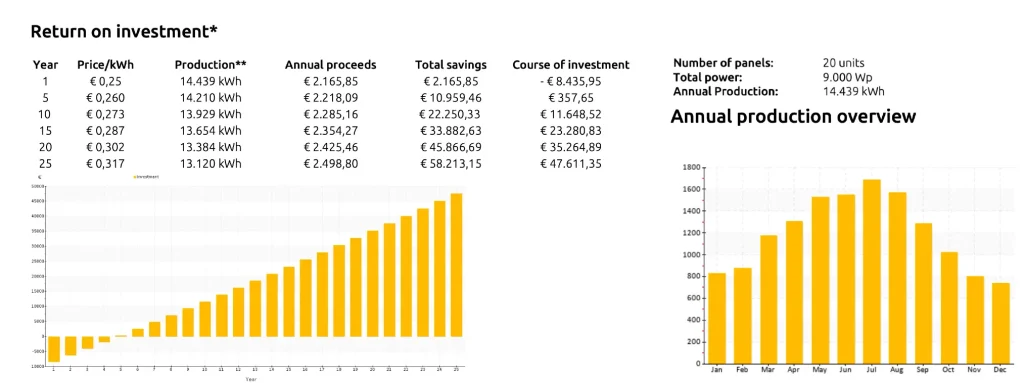
ROI Comparison: 10 vs 20 vs 30 Solar Panels in Algarve
To show how system size impacts ROI, here’s a projection for 3 typical installations.
Assumptions (2025 Algarve):
- Panel size: 450W each.
- Annual solar yield: 1,600 kWh/kWp.
- Electricity price: €0.23/kWh (EDP).
- Self-consumption: 60%.
- Electricity price rise: 3% per year.
System Size | Capacity (kWp) | Annual Production (kWh) | Year‑1 Savings (€) | Investment Cost (€) | Payback (range) | 25‑Year Lifetime Savings (€) |
10 Panels | 4.5 kWp | ~7,200 | ~€995 | €5,000–€8,000 | 5–7 years | ~€36,000 |
20 Panels | 9.0 kWp | ~14,400 | ~€1.987 | €9,000–€12,000 | 4–5 years | ~€84,500 |
30 Panels | 13.5 kWp | ~21,600 | ~€2.980 | €13,000–€16,000 | 4–5 years | ~€126,800 |
Key Takeaways
- Larger systems scale well: 30 panels deliver the strongest ROI with lifetime savings that exceed €120,000.
- 20 panels is a sweet spot: ideal for larger Algarve villas, with room for EV charging and pool equipment.
- 10 panels suit average homes: a strong ROI, but limited if your energy needs grow (e.g., pool pump, EV, or heat pump).
Pro Tip: Adding a solar battery can increase self-consumption from 70% → 85–90%, shortening the payback period by up to a year
Store your solar energy!
Long-Term ROI (10–20 Years)
Beyond the 5-year mark, returns accelerate:
- 10 years: €18,000+ savings (10 panels), €35,000+ (20 panels), €52,000+ (30 panels).
- 20 years: €40,000+ savings (10 panels), €75,000+ (20 panels), €110,000+ (30 panels).
- 25 years: System life can exceed €50,000 in savings for smaller setups, and over €120,000 for larger villas.
This explains why many relocation and investment blogs highlight solar as one of the most reliable financial assets in the Algarve.
Extra Benefits Beyond ROI
Financial return is just one side of the story. With solar panels, Algarve homeowners also gain:
- Energy independence → less reliance on volatile electricity prices.
- Higher property value → real estate agents confirm solar-ready homes sell faster.
- Sustainability impact → cutting CO₂ emissions by ~2,500 kg/year per household.
- Battery storage options → increasing savings by storing daytime energy for evening use.
Proof from a Real Algarve Client
One of our clients in Albufeira installed 22 solar panels (9.9 kWp). Their electricity bills dropped from €220/month to €45/month, and they are on track to recover their full investment in just under 5 years.
The ROI of Solar Panels in Algarve: Should you invest?
With sunshine, rising energy costs, and a supportive climate, solar panels in the Algarve are not just an eco-choice—they are one of the best financial investments homeowners can make in 2025.


